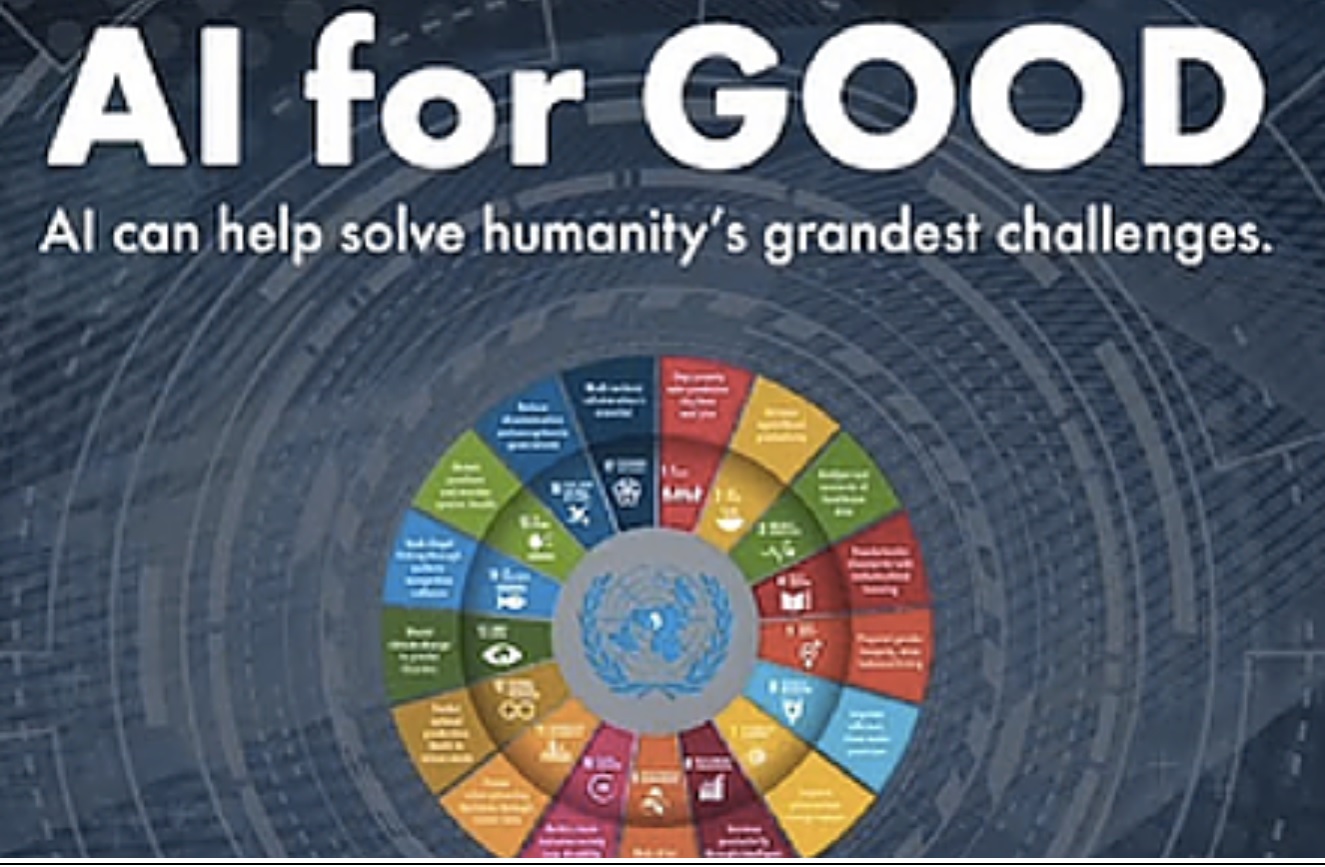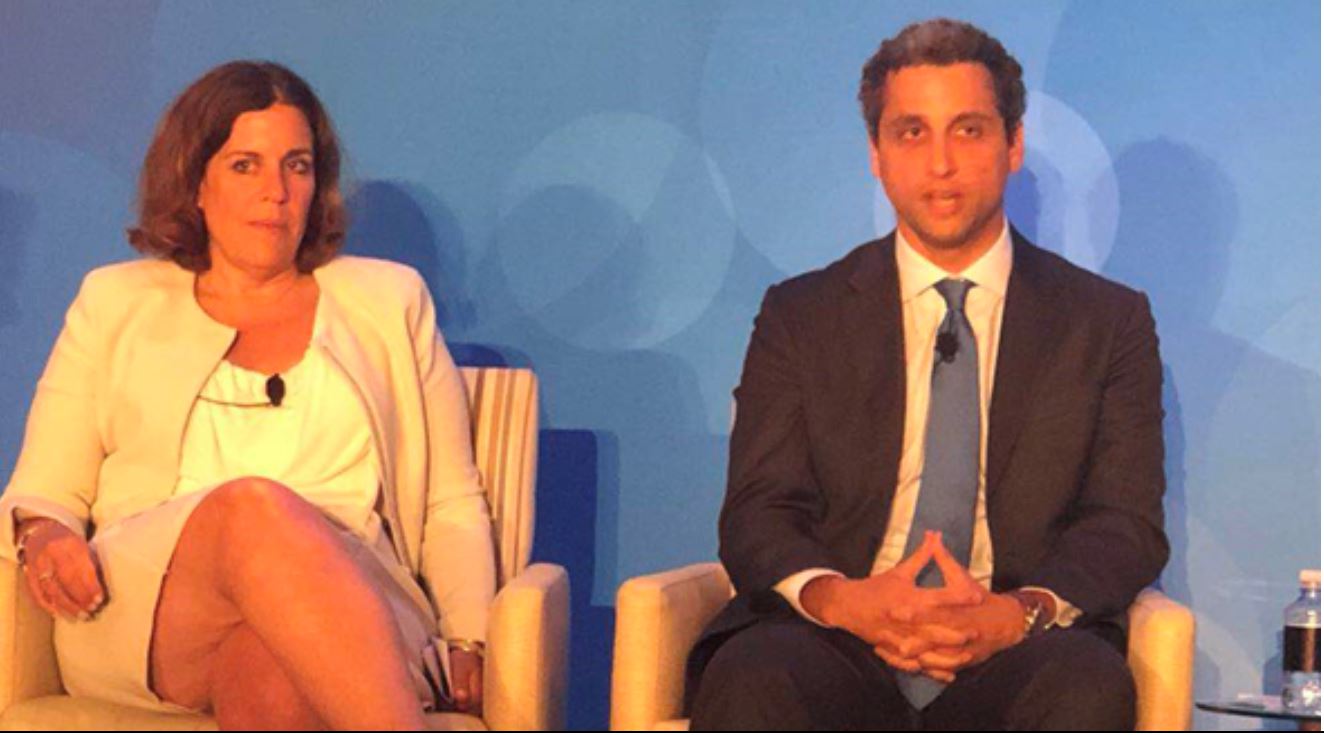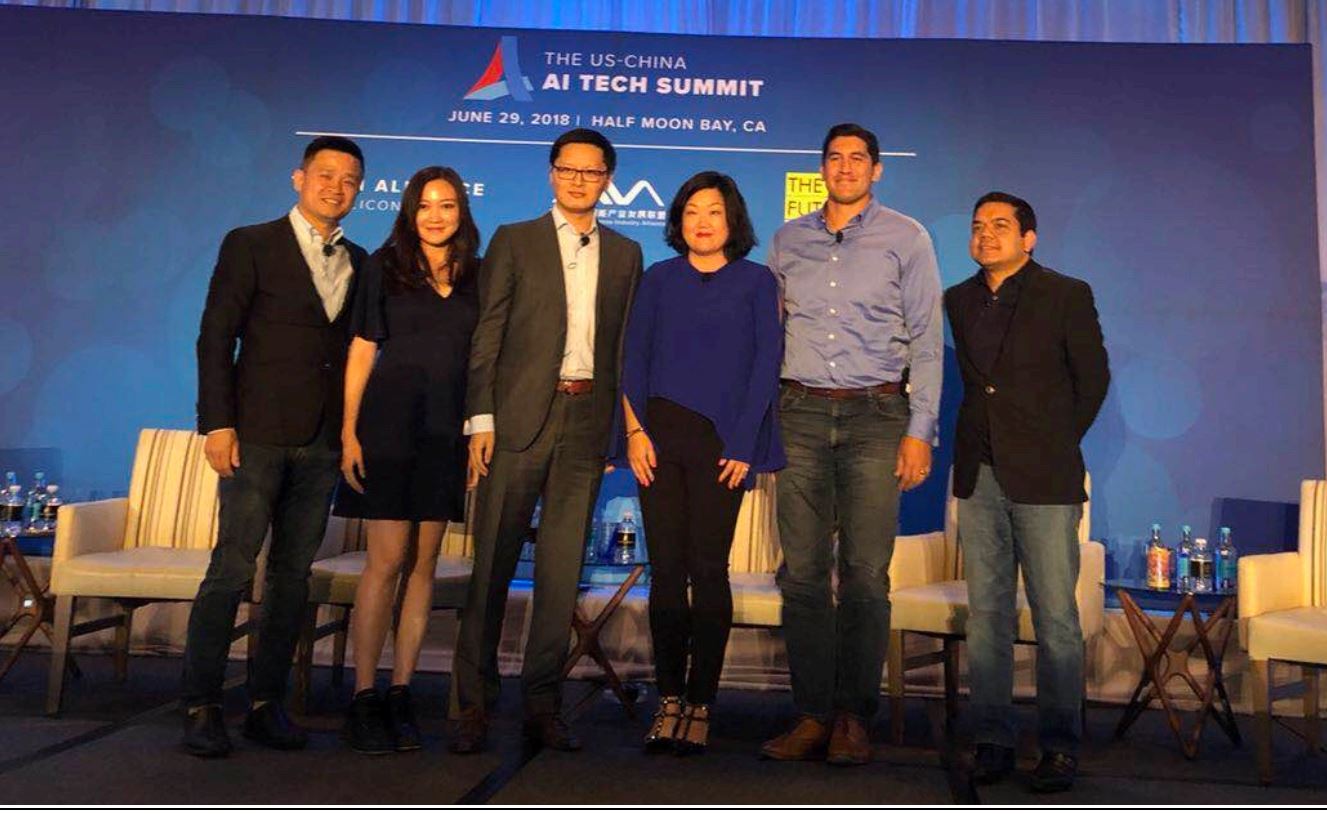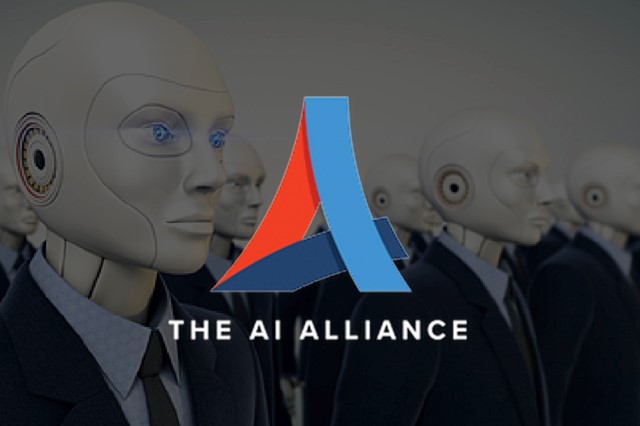AI for Good: Maximizing Benefits, Minimizing Risks
One afternoon panel considered the potential that AI holds for alleviating global issues, as well as how to best manage its inherent risks. The panelists noted that:
- AI technologies are already influential, learning and innovative. Even though their influence today is weak, they are learning the culture from what users show them and then using that to decide what ideas to share. Users have unknowingly been adopted by them.
- In the future, self-selection will further bias data. Panelists proposed that new rules be developed to ethically adapt to changes in data production.
- Ethics boards and courses are a start to this planning. According to Anil Gupta, Michael D. Dingman Chair in Strategy and Entrepreneurship at the University of Maryland, a designated group needs to ensure that data are not biased. Gupta suggested that a global AI council could serve this purpose.

Source: AI Alliance of Silicon Valley
AI in Fintech: Disrupting the Financial Industry and Stabilizing Markets
Fintech makes financial services more widely available. The panelists at the fintech session distinguish fintech firms from traditional financial services companies by the way they operate internally: fintech firms function more like data and technology companies. Nondigitized components of financial services are hindering progress, the panelists said, as they lack the instantaneous decision-making capability and democratized user base that fintech supports.
- In Asia, particularly in emerging markets, fintech enables consumers and small businesses to transact and operate in the absence of well-established financial infrastructures. According to JinA Bae, Head of Corporate Venture at Hanwha Asset Management, digitization of financial processes makes more opportunities available to a wider range of people and companies.
- According to Bill Reichert, Partner at FoundersX Ventures, the biggest job killer in the West over the last 100 years has been financial recessions, which have displaced many more workers than technology has. China has figured out how to avoid recessions, but the West has not, Reichert said. He stated that high-level AI should be utilized to detect when financial systems are at risk.
Challenges in the financial industry provide a new perspective for AI use. The technology is typically used to perfect or optimize information and processes, but the financial industry could benefit from deploying AI to capture signals of weakness to prevent crises. Instead of using AI only to predict strengths, fintech faces a great opportunity in using AI to determine what will be destructive in the future.

Sameer Gulati, COO, LendingClub; JinA Bae, Head of Corporate Venture, Hanwha Asset Management
Source: Coresight Research
AI in the Law: Disseminating Legal Counsel, Risking Loss of Empathy
The vision for AI use in the legal system is to provide people with just, timely access to counsel regardless of their socioeconomic status. Its main use is currently in fact-finding, but, ultimately, human discretion can bias AI’s outcomes.
- One of the greatest risks of using AI in law is that the technology lacks empathy. The belief in judgment by peers and their capacity for empathy is sacrificed for AI’s efficiency.
- Lee Tiedrich, AI Initiative Co-Chair at law firm Covington & Burling, emphasized AI’s role as a lawyer’s aid, not replacement. She noted that it can help lawyers better allocate resources by estimating figures such as how many cases of a certain kind will occur in a given time span.
- Robert Silvers, Partner at law firm Paul Hastings and former Assistant Secretary for Cyber Policy at the US Department of Homeland Security, warned of AI poisoning, in which biased or false data slip in and affect outcomes. This threat necessitates human governance to recognize and address issues, he said.
- AI systems hold potential to exacerbate discrimination and negatively impact populations. Mike Philips, Associate General Counsel at Microsoft, used the example of a facial recognition system that detects certain races or genders better than others to demonstrate how small biases in this technology can affect large groups of people.

Lee Tiedrich, AI Initiative Co-Chair, Covington & Burling; Robert Silvers, Partner, Paul Hastings
Source: Coresight Research
AI for Enterprise: Creating Business Opportunities
The affordances of AI provide entrepreneurial opportunities across sectors. AI opens pathways for greater understanding of consumer demands and for redefining relationships with machines.
- According to Terry Song, Senior Director of JD Capital, AI has been essential to JD.com’s operations for five years now. These tools provide solutions to automate, increase efficiency and improve the customer’s delivery experience, he said. Such large-scale logistics as JD.com’s cannot be handled manually anymore, according to Song.
- Joy Tang, Founder and CEO at Markable.ai, spoke about the size of the opportunity in the fashion recognition space. She also mentioned that AI and machine-learning skills are highly concentrated, creating a scarcity of human capital.
- Intel is developing more specific processors for neural networks, which are tools for using AI, according to Julie Choi, Head of AI Marketing at Intel.
- The panelists grappled with the question of cohesion between AI, which is about centralization, and blockchain, which enables decentralization.
- One area where AI needs development is interpreting human sensibility. While AI can already detect sentiment from text, Shaun Paga, VP of Sales for Soul Machines, said that his company is working to create AI that recognizes human facial expressions and tone of voice.

From left to right: Howie Xu, Cofounder and CEO, TrustPath; Joy Tang, Founder and CEO, Markable.ai; Terry Song, Senior Director, JD Capital; Julie Choi, Head of AI Marketing, Intel; Shaun Paga, VP of Sales, Soul Machines; Anis Uzzaman, CEO, Fenox Venture Capital
Source: Coresight Research




